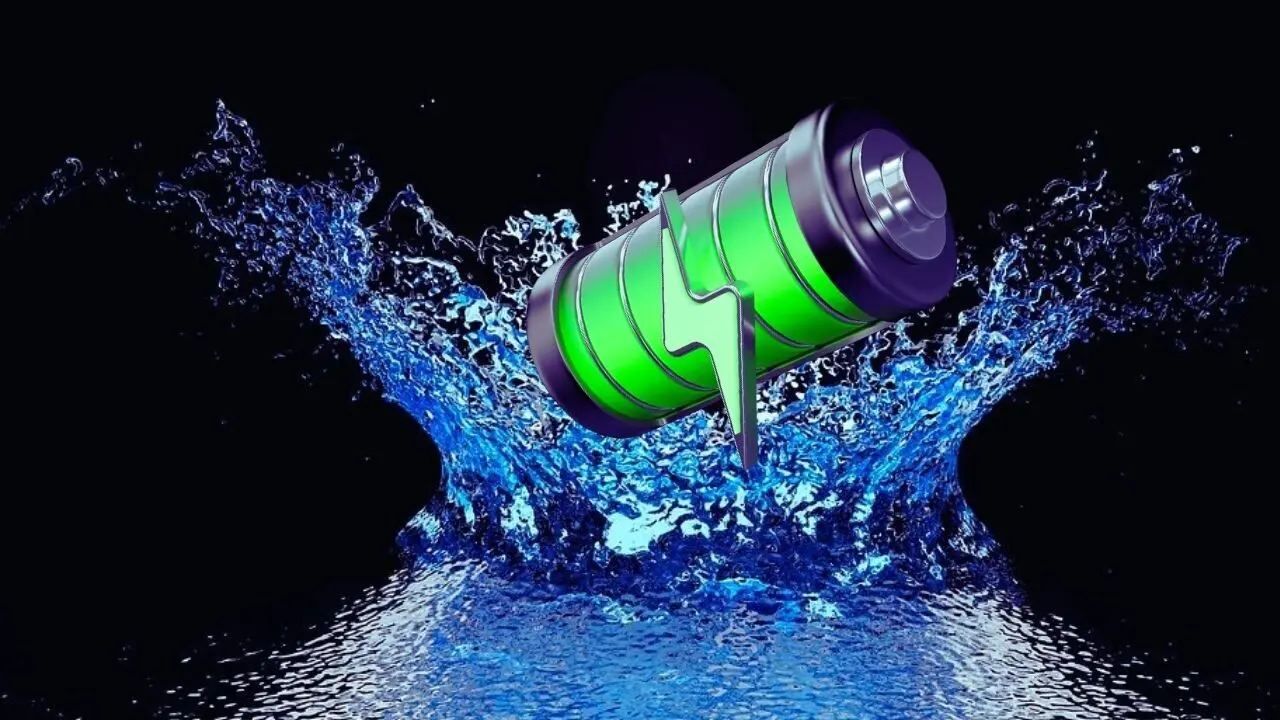A recent discovery suggests that a certain type of lithium-ion battery can specifically hold water.


Water has traditionally been the opponent of scientists working to accelerate the development of batteries. Lithium-ion batteries, for example, must generally be manufactured in remarkably dry conditions in terms of holding large amounts of charge. However, a recent discovery suggests that a certain type of lithium-ion battery can specifically hold water.
Ions flow between both the two electrodes of a battery to adjust the electric charges created throughout charging / discharging. Electrolytes are the battery component responsible for this. Thus according to Argonne senior battery chemist Zhengcheng “John” Zhang, researchers at the U.S. Department of Energy’s (DOE) Argonne National Laboratory developed a special battery electrolyte that can hold thousand times as many water-efficient electrolytes based on a systematic modeling technique of water in various electrolyte environments created through previous computational methods.
Since lithium-ion batteries are “dry-cell,” those that could only contain small quantities of moisture, necessitating the use of specialized production facilities. The team was capable of creating a circumstance in which enormously more water molecules can be stably absorbed by the electrolyte by using an electrolyte consisting of two types of salts — a lithium salt and an ionic liquid.
Even trace amounts of water are capable of degrading power usage. That is because nanoscale “puddles” of water molecules respond quickly with the electrolyte, producing corrosive byproducts that eat away at the battery.
Moreover, the team’s independent variable is that a new electrolyte made of a lithium salt and an ionic liquid might also detach and bind up water, sequestering individual water molecules. The Argonne team’s pioneering investigations clearly demonstrate that this innovative electrolyte could indeed contain up to a thousand times more water than electrolytes presently used in EVs and consumption batteries.
This research ensures a possible route for rechargeable batteries to incorporate water into the battery manufacturing process, enabling lower-cost, more eco-friendly production.
The research was funded by DOE’s Vehicle Technologies Office in the Office of Energy Efficiency and Renewable Energy. ALCF computing time was awarded through DOE’s ASCR Leadership Computing Challenge.